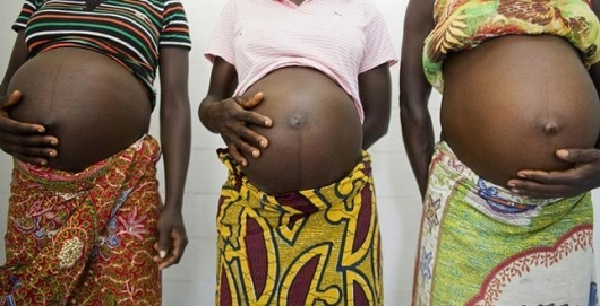
‘Stigmatisation causes women to seek unsafe abortion services’
Women with unwanted pregnancy who intend to access safe abortion services in Ghana suffer stigmatization and that deters them from seeking such services.
They, therefore, resort to unsafe abortion, which can lead to complications such as severe infections, infertility and even death.
Advertisement
The Executive Director of Planned Parenthood Association of Ghana (PPAG), Mrs Abena Adubea Amoah Acheampong, who made the observation, however, pointed out that the law allowed for safe abortion by a registered professional at a registered facility if the pregnancy had the tendency to affect the woman physically, psychologically or financially.
Unsafe abortion
Mrs Acheampong was speaking to the Daily Graphic in an interview on the
Unsafe abortion is defined by the World Health Organisation (WHO) as a procedure for terminating an unwanted pregnancy either by persons lacking the necessary skills or in an environment lacking minimal medical standards.
She mentioned that lack of knowledge and access to good reproductive health services, among other factors, were the causes of unsafe abortion.
Statistics available at the Ghana Health Service (GHS) indicated that reported cases of unsafe abortion recorded in the country reduced from 15,325 in 2016 to 13,918 last year.
Mrs Acheampong, however, underscored the need for the use of contraceptives and family planning methods to avoid unwanted pregnancies, pointing out that family planning should be easily accessible and affordable in support of the country’s efforts to plan it’s population for better economic development.
Educate the youth and children
She also urged parents, teachers, religious leaders and traditional leaders to speak openly about sexuality, pregnancy and fertility, and also on how to seek qualified assistance on reproductive health for the youth.
Currently, she said, children and the youth were exposed to many materials on sexuality in the media, hence the need for parents, teachers and guardians to explain things to them.
Mrs Acheampong called on the government to expedite work to integrate comprehensive sexuality education into the school curriculum to enable parents and teachers to have the manual to teach their children on sexuality.
“People must feel free to go to the clinics, hospitals and other health facilities to access sexual and reproductive health and rights information and services without being judged or stigmatised”, she said.
The PPAG is a non-governmental organisation which deals in reproductive health.
Its southern zone covers volunteers of the association in Central, Eastern, Greater Accra and Volta regions.
Earlier at the training session, journalists were educated on the sexual and reproductive health rights.



